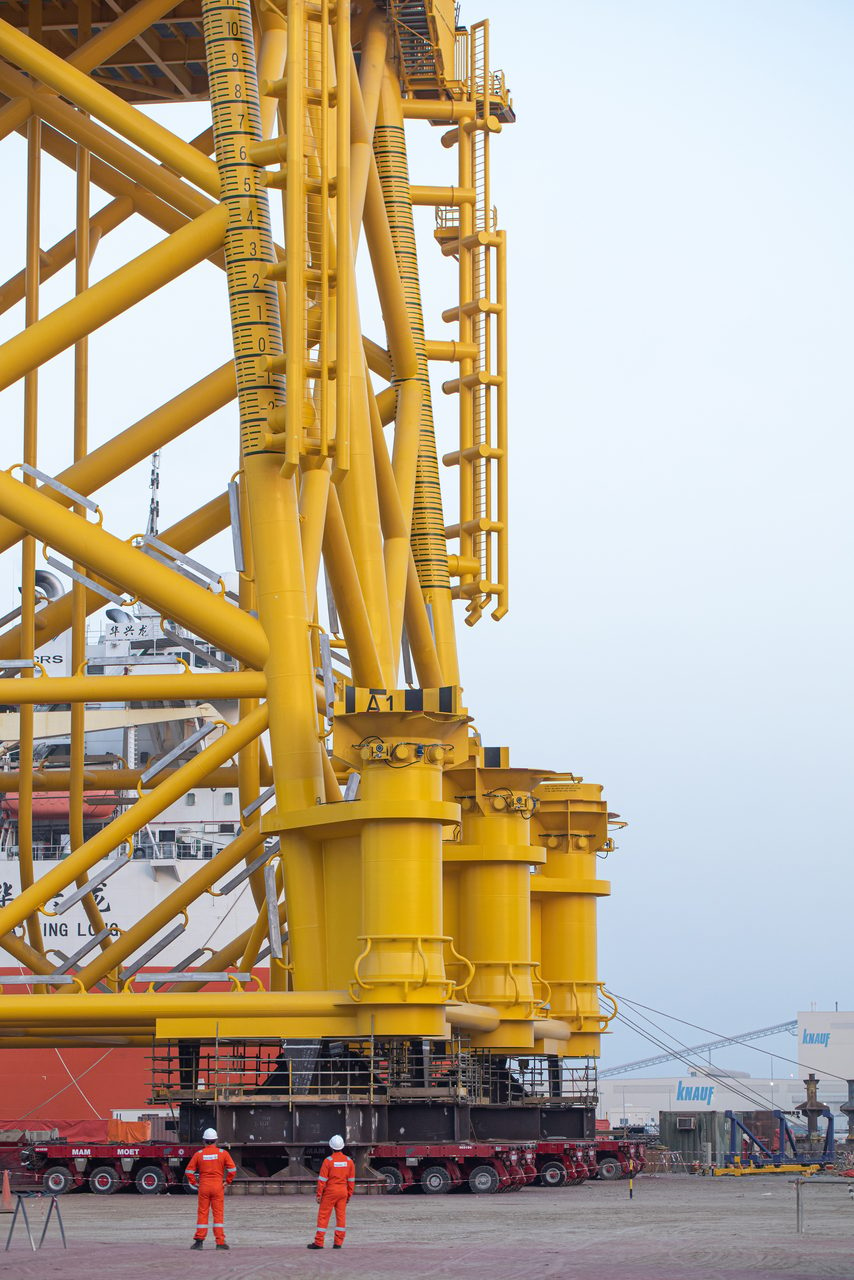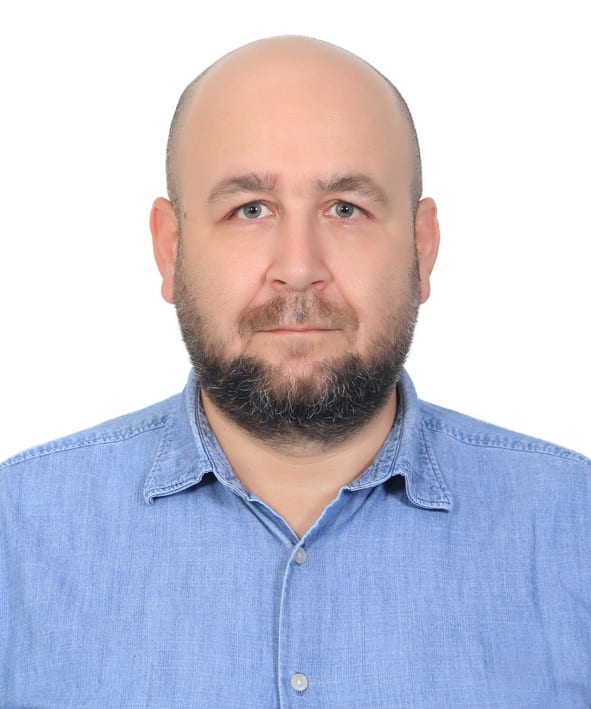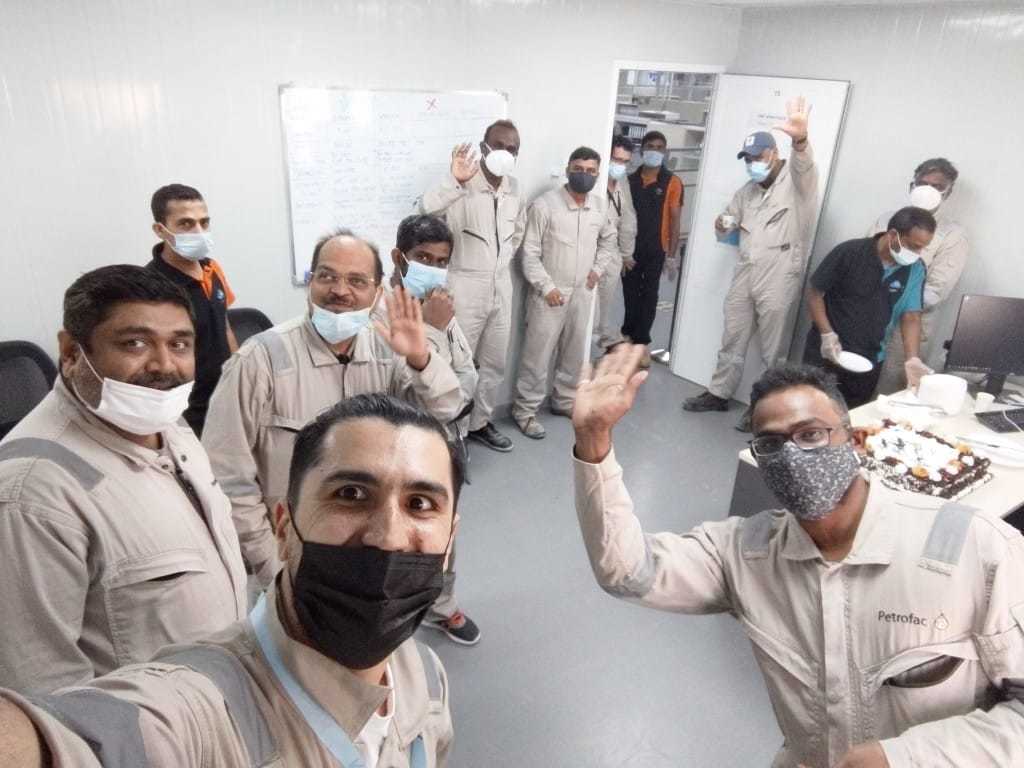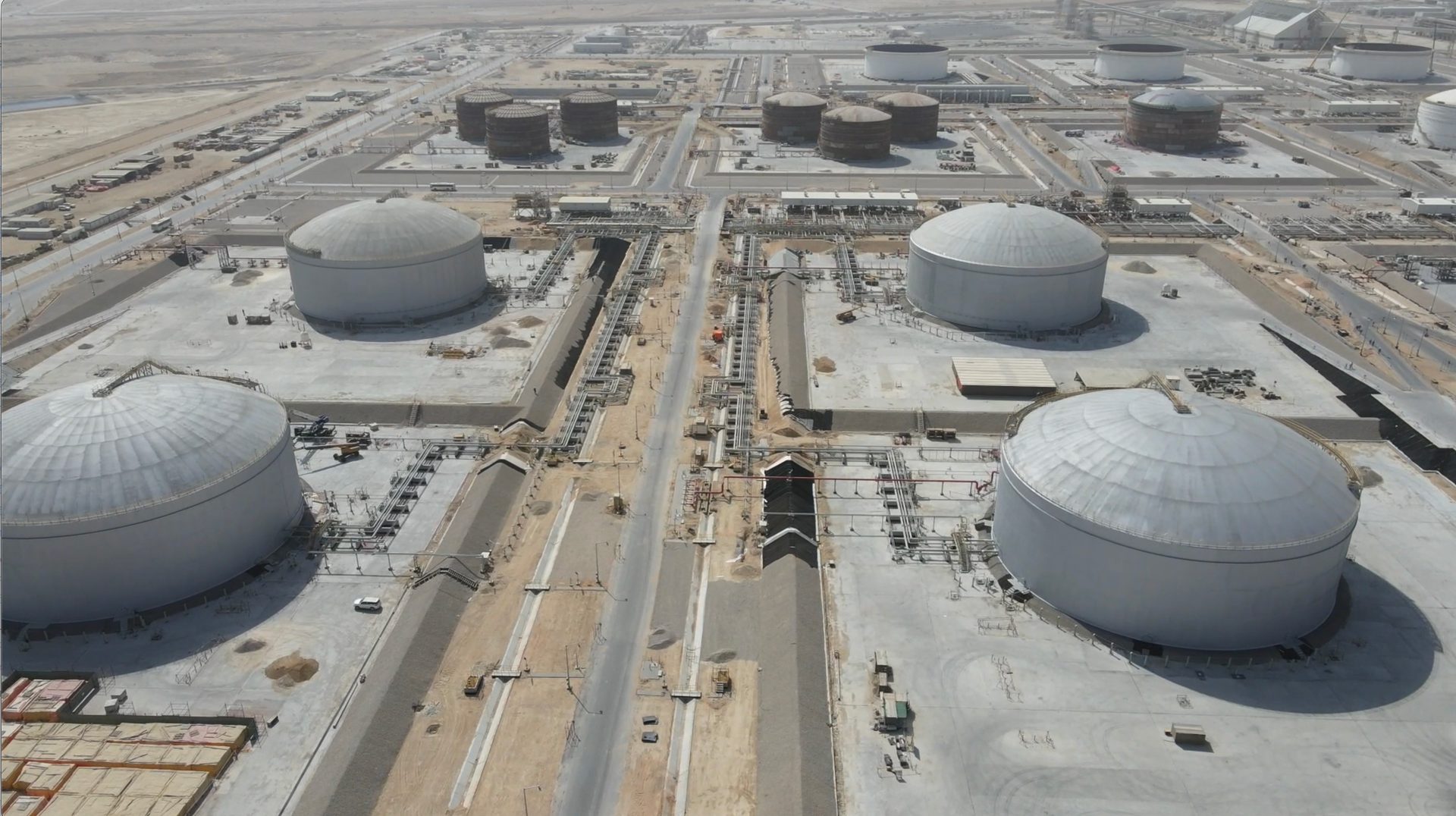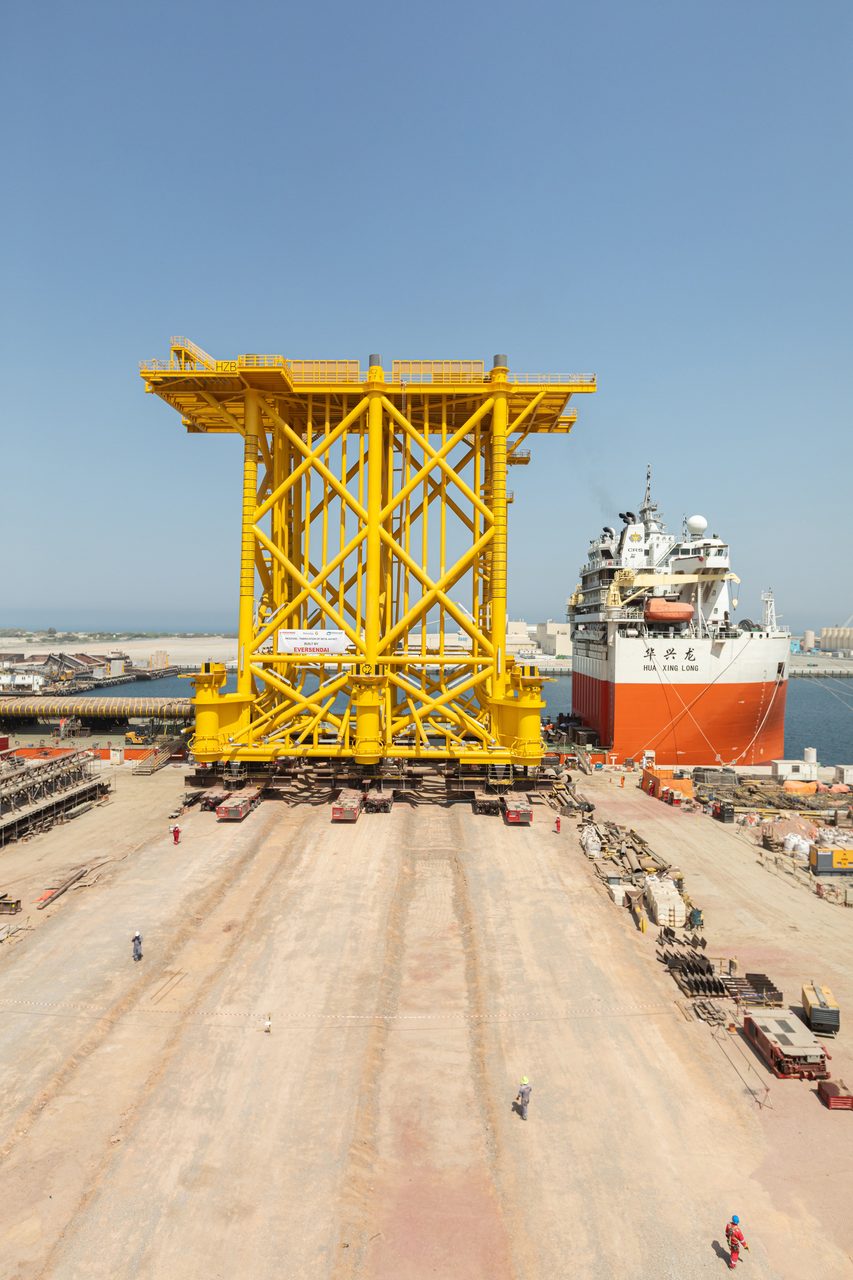
Adam Cheesman is marking one year since moving to Perth in Australia permanently from the UK. As Operations Director he was tasked with growing our business in the region.
“I was sitting in Aberdeen 18 months ago, finalising the strategy for the market entry of our Operations business and growth of the overall business,” he recalls. “To be sat here now and looking back over the past year, we have achieved what we set out to do despite the challenges that Covid-19 has thrown at us.
“We now have a stronger business after putting the foundations for growth in place, we‘ve increased our brand recognition, we have a team that is growing to meet the demands of the new work we have secured. We’re on the right path.”
Antipodean ambitions
THERE’S OPPORTUNITIES APLENTY IN AUSTRALIA AND NEW ZEALAND, AND WE’RE WELL PLACED TO SEIZE THEM – AS OPERATIONS DIRECTOR ADAM CHEESMAN AND REGIONAL DIRECTOR JOSIE PHILIPS EXPLAIN
WORDS CHRISTINA McPHERSON
PUBLISHED SEPTEMBER 2020
WHere we work
Excitement, nervousness, filled with anticipation. There can be a mixture of emotions at the outset of a project.
There’s a myriad of factors to consider and what can seem like an endless list of decisions to make. And, what happens at the beginning of a project can have an effect on its achievements and perhaps even its failures. It can certainly influence the journey travelled.
Project Director Karim Zoghbi sums it up nicely: “We have to see the big picture; every decision we make now has an impact on how we get to the end product. If we set it up right, we’ll have an easier journey – whether that’s from a progress perspective, commercially, scheduling, the whole lot. If we set it up wrong, we’ll have to live with our mistakes for the next three years. It’s about being able to envision the journey we want to take.”
Add into the mix a new client, geography, employees and subcontractors, laying the groundwork for a project becomes even more complex.
This was the case for the team working on the Mažeikiai Refinery modernisation project in Lithuania. The project will expand the existing 40-year-old refinery complex to meet requirements for cleaner fuels, while also improving the operational and carbon efficiency of the plant.
The scope of work encompasses mainly greenfield EPC development, with some brownfield modifications, as well as Front End Engineering Design (FEED) of relevant utilities and offsites.
Khaled Ghabboura, Senior Vice President Operations, CIS & Eastern Europe, has been involved in the project since day one, after becoming aware there was an opportunity with the client PC ORLEN Lietuva. The region is an area he knows well, being half Ukrainian and after spending his university years in Eastern Europe and he instantly recognised the huge potential for business development of winning a project in this part of the world.
He recalls the early stages of the process. It was vital to have boots on the ground to research the market, meet with subcontractors, and understand their standards and capabilities. “As we are an EPC organisation, we have to know the market because you cannot base an estimation on a project in the Middle East or the UK as we are in the Baltic states,” he explains. “The challenges and execution are different, and so is the pricing.”
Khaled continues: “If we put down a footprint here, we will start to grow. We will be able to build up the business project by project. We are investing for the long term rather than the short or medium term.”
It’s with this attitude in mind that the team has approached the project.
HOW THE TEAM ARE LAYING THE GROUNDWORK FOR THE FUTURE SUCCESS OF THE MAŽEIKIAI REFINERY MODERNISATION PROJECT IN LITHUANIA
STARTING FROM SCRATCH
PROJECTS
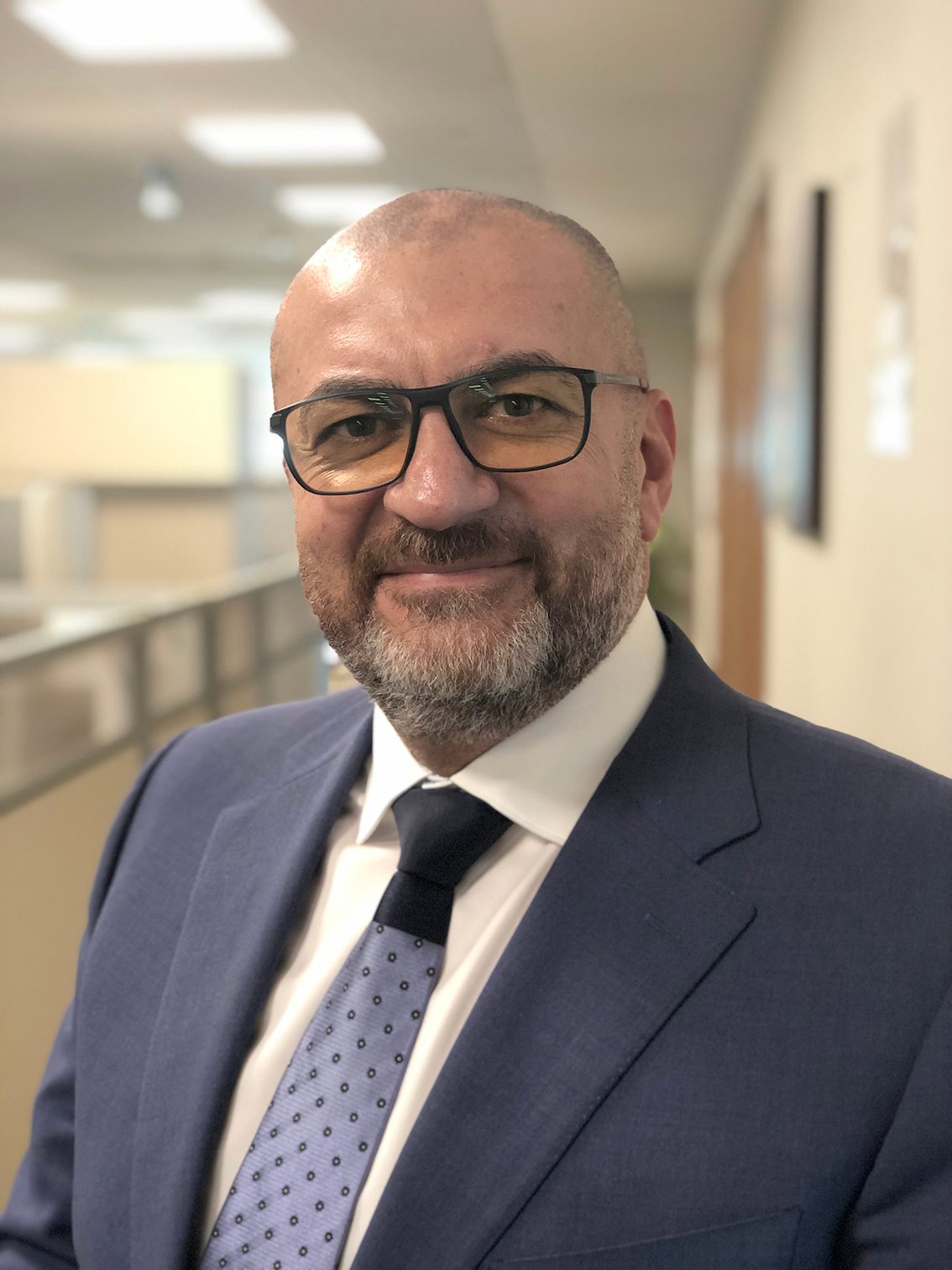
WORDS CHRISTINA McPHERSON
PUBLISHED MAY 2023
“If we put down a footprint here, we will start to grow. We are investing for the long term rather than the short or medium term.”
Khaled Ghabboura
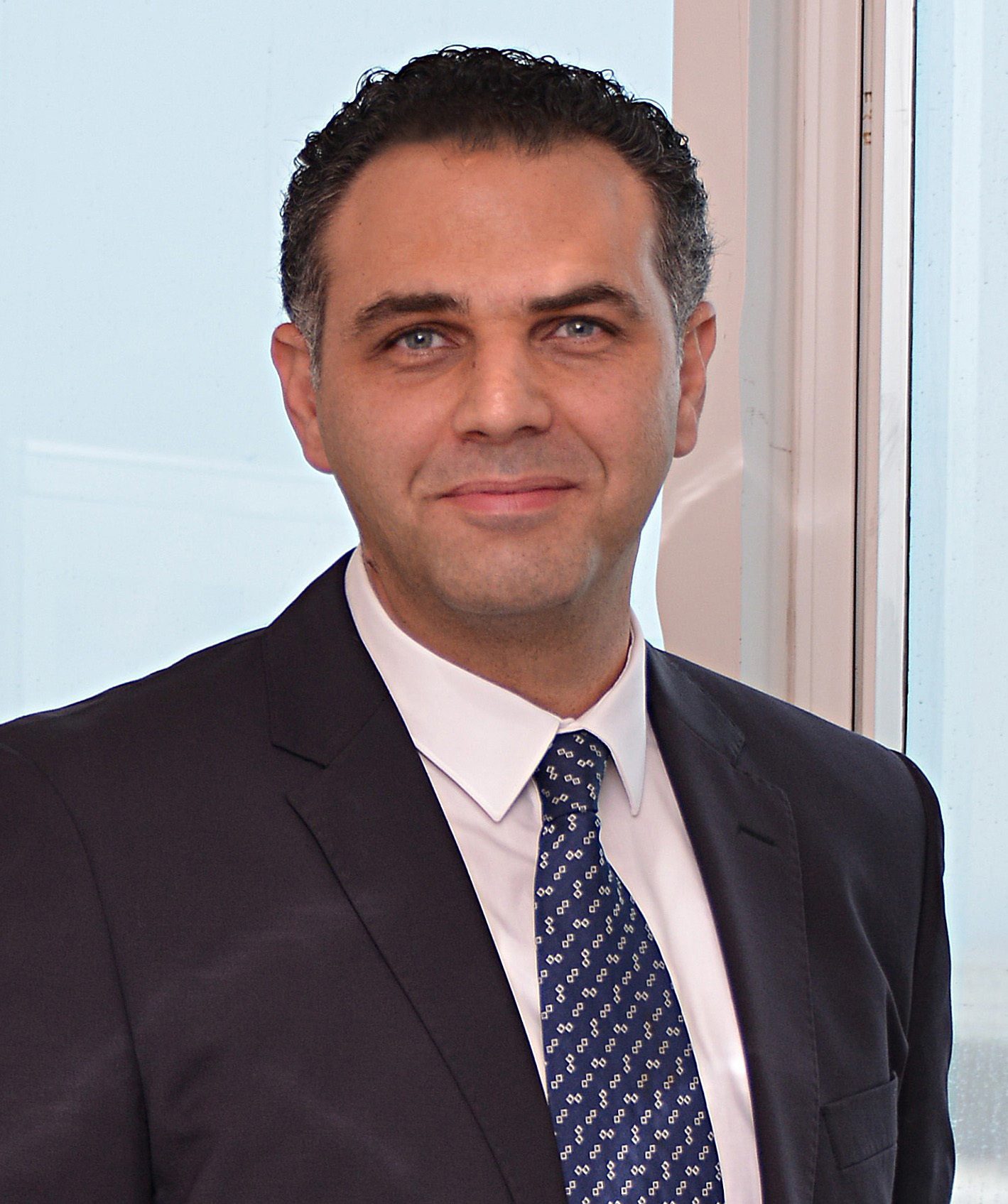
Samer Maalouf
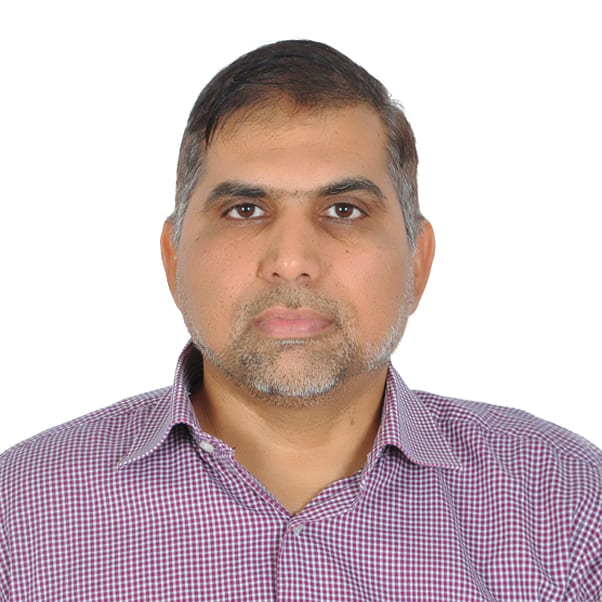
Mohammad Siddiquie
RECRUITMENT, LABOUR REQUIREMENTS AND HR
Investing in local talent and the wider region is a key tenet of Petrofac’s business model and this project is no different. As Khaled says, “In-country value is a win-win”. The team has already established a good relationship with the local municipality, and they are in regular communication about the project, what stage it’s at, and its wider economic benefits.
There have been challenges in finding the right people with the right skills for the project. Lithuania is a country of around three million people and Mažeikiai is its only refinery, situated near a small town of less than 30,000 people. Many engineers and those with technical backgrounds work outside of the country on other projects across Europe.
Despite the challenges around recruitment, only local subcontractors have been employed so far. The team will also scout for graduate engineers and establish a training area and zone to bring in more local talent.
“One of the main challenges was finding subcontractors with the capacity to take on the scope of work,” says Khaled. “As we won't be able to find one subcontractor to execute the whole job, we have divided the project into units, and each unit works as a standalone. So, for example, area one’s execution is not dependent on area two.”
Finding talent is one thing, then there are the numerous HR processes that need to be put in place to onboard workers. Samer Maalouf, HR Business Partner, explains: “We are new to Lithuania and having no previous presence or set up, there comes challenges. It's not like working in Oman, for example, where we have an established office and team, and we know the processes for mobilising employees. In Lithuania, we are starting from scratch, so it's considered a start-up.”
Tasks for Samer and the team include all HR-related matters, finding and mobilising the right talent, finding and setting up a payroll provider, processing work permits for expats, and ensuring Petrofac adheres to Lithuania’s legislative and employment requirements. “Every country has its own labour laws,” he continues. “And you have to accommodate your company’s policies and procedures because they might not quite work in that country. So, you have to calibrate what you can and cannot do. We recruited an experienced Admin Manager and an HR Manager with experience in the local market and who are familiar with the country and its labour laws to help in the initial set up, as well as continue to lead and support on HR matters throughout the duration of the project.”

Samer Maalouf
Mohammad Siddiquie

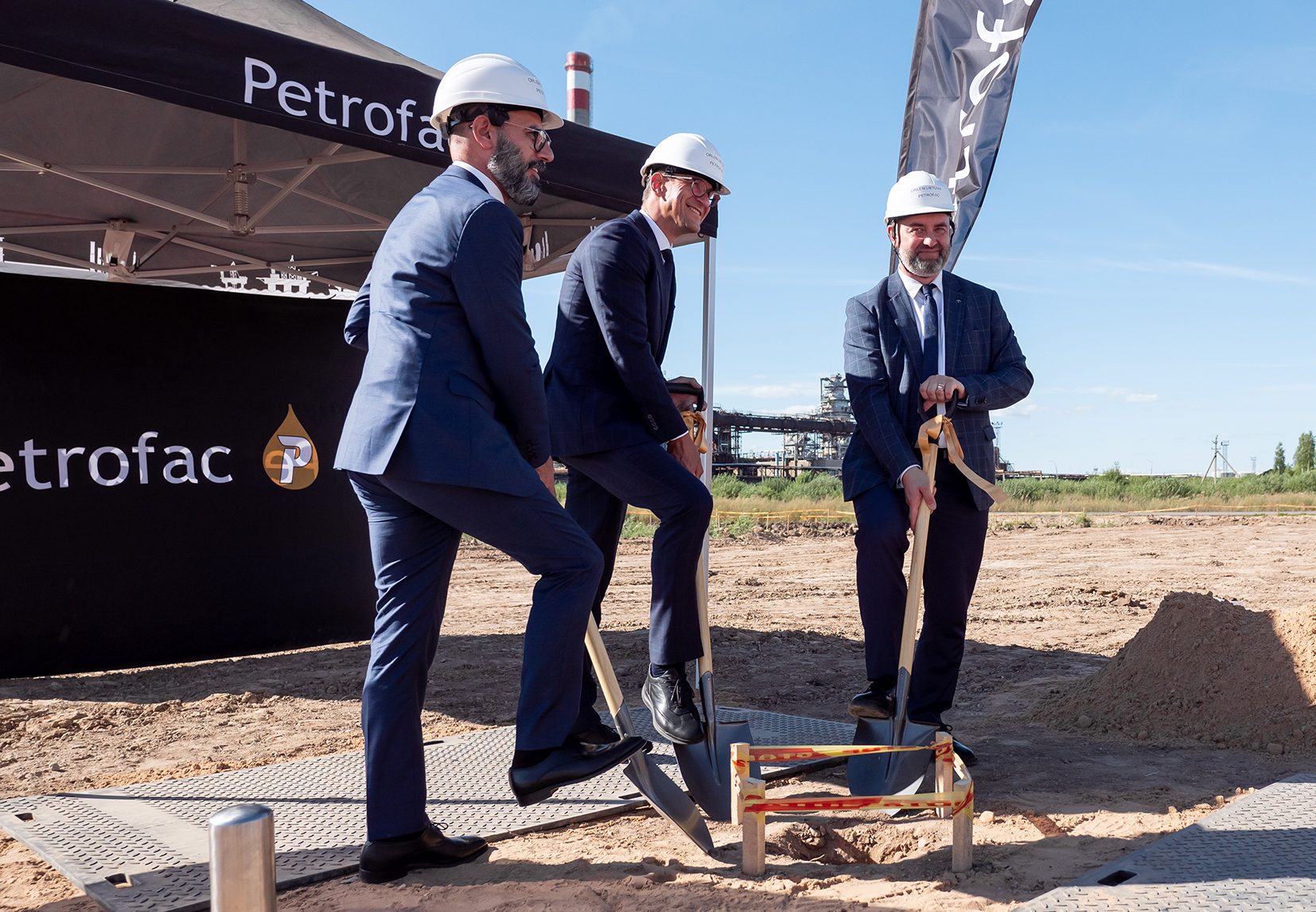
Elie Lahoud (left) takes part in the ‘ground-breaking’ ceremony to mark the new Residue Conversion Unit in Mažeikiai
CONSTRUCTION PERMITS AND CERTIFICATIONS
Another significant step for any kind of construction project is acquiring the construction permits and certifications. After all, without these construction could not start. Monzer Bailouni, Deputy Project Manager, aptly describes his job as integrating the EPC concept to fit into local law – and on this project he had to grapple with a very different system to what he’s used to.
In an EPC project, engineering, procurement and construction work and progress in parallel, but in Lithuania, the full technical design needs to comply to local standards, be translated into the local language, and then be signed off by a local designer before you are allowed to move forward with construction. The full design also had to be examined by an independent body known as an ‘expert company’ to move forward with the permit application.
He explains: “It was difficult to find the right local design partner because of the size and scope of the project. It is one of the biggest projects in value and complexity that has been executed in the country. Everything we're doing here is for the first time.”
And there are implications further down the line, adds Monzer: “Take a job in the Middle East. If your foundation had to move by a few metres for whatever reason, that is absolutely fine, and you would just need to revise your drawings. Here, once its permit is secured, it’s frozen. We have to live with it.”
Petrofac also needed to be certified as a construction company in Lithuania to execute the project. “I had to demonstrate to the independent body that we have all the qualifications for doing the entire construction and secure the required certifications to execute the job,” added Monzer.
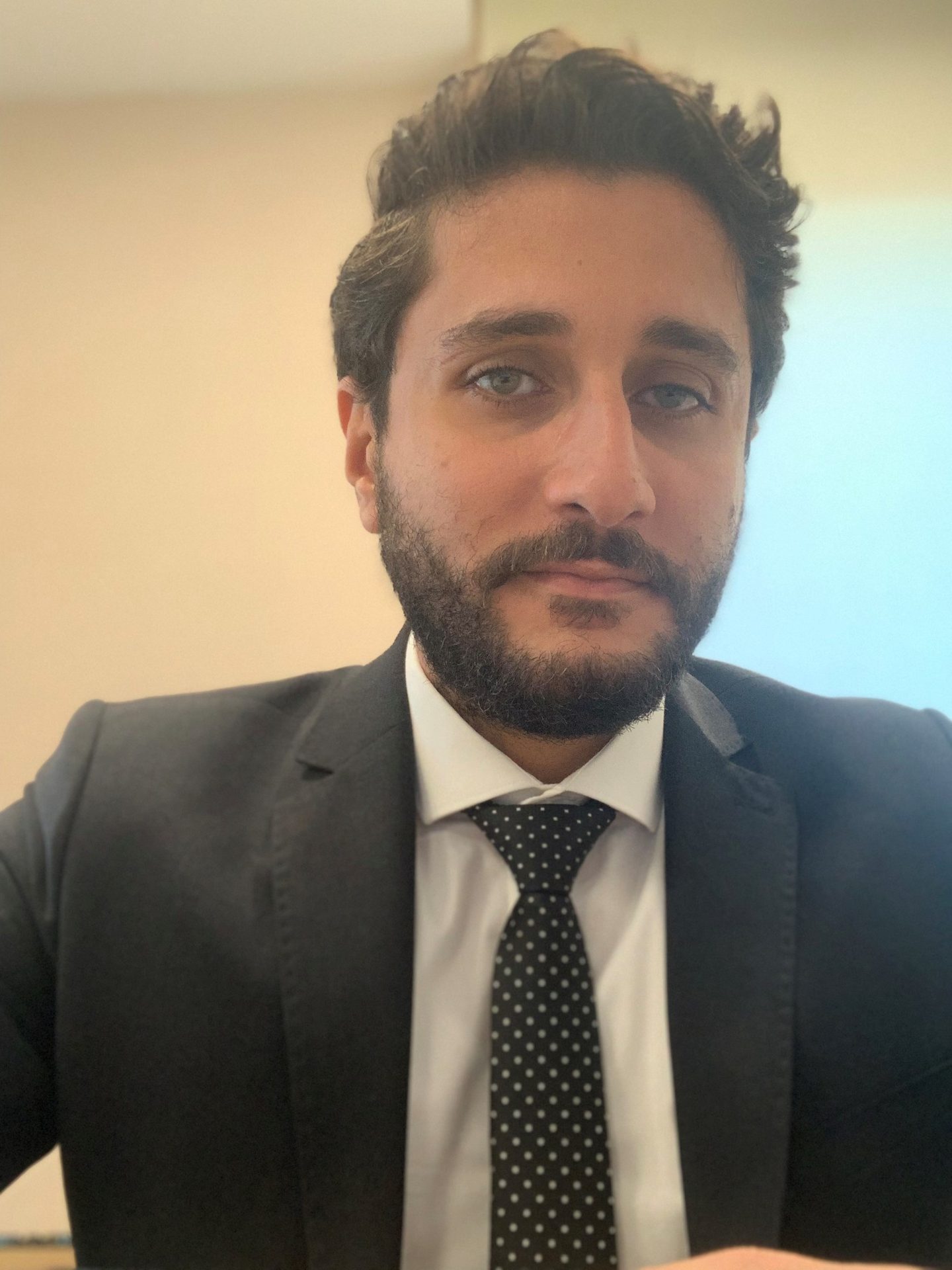
Monzer Bailouni
“Our focus remains on safe, assured and timely delivery as we move forward in the construction phase of the new Residue Conversion Unit. We’re proud to be supporting ORLEN in transforming existing facilities to produce higher quality, more environmentally friendly fuels for a better future.”
Elie Lahoud, Chief Operating Officer, Engineering & Construction
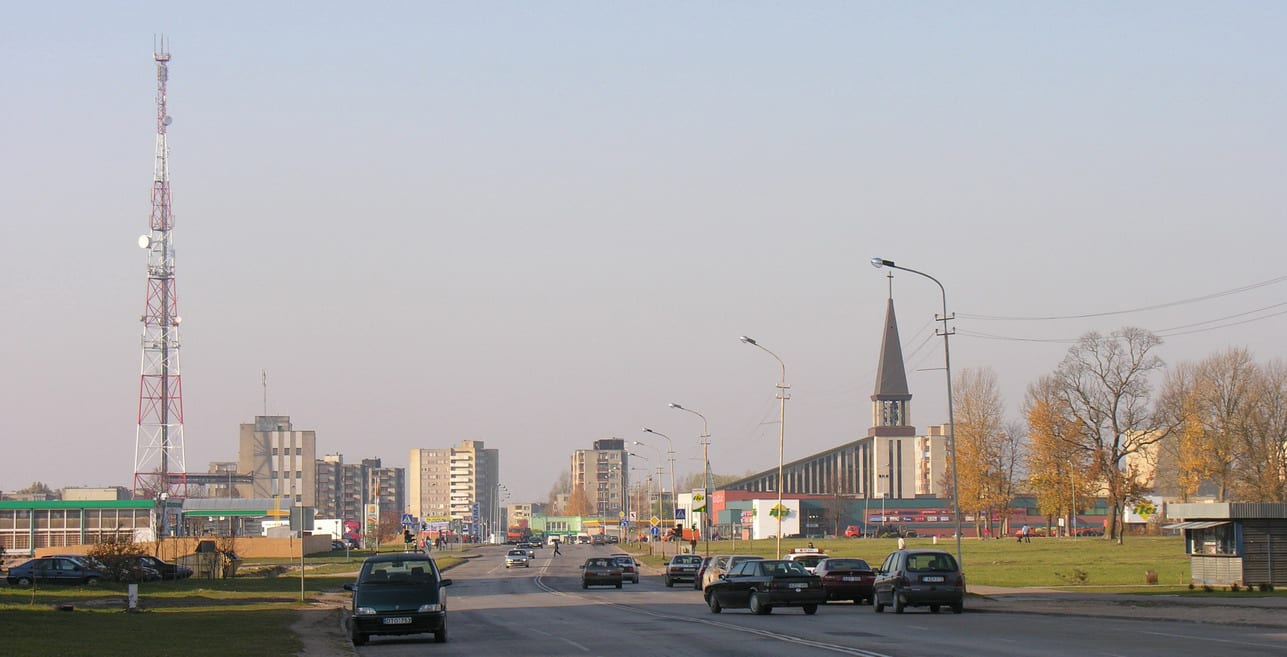

The city of Mažeikiai
SAFETY, SUSTAINABILITY AND PROTECTING NATURE
After successfully receiving the building and construction permits last year, work has now started on the ground. The team has been building facilities for workers, including a mess hall, showers, canteens, changing rooms and a First Aid room, as well as the aforementioned training facilities. Safety controls including turnstiles and camera towers have been installed, and an access control system implemented.
There has also been a strong focus on sustainability at the start of the project. Environmental Impact Assessment studies have been conducted and the team is aiming to reduce our carbon footprint on the project where possible. “The project is in a beautiful area and we have a responsibility to protect it,” says Construction Manager Garo Arapajian.
The team has come up with a particularly innovative solution for installing the project’s foundations. The area has a high-water table – meaning that if you excavate half a metre, water will surface. In some areas, the team will need to excavate three metres to install the foundations. “Usually around 30 machines would need to run for a year to pump out the water, however we are planning to use an existing drainage system that takes water to a nearby lake,” explains Garo. “Only four machines will be required, thus saving energy and reducing carbon emissions. The team will of course monitor the quality of water to ensure there is no contamination and we will install a small separator as a precaution.”
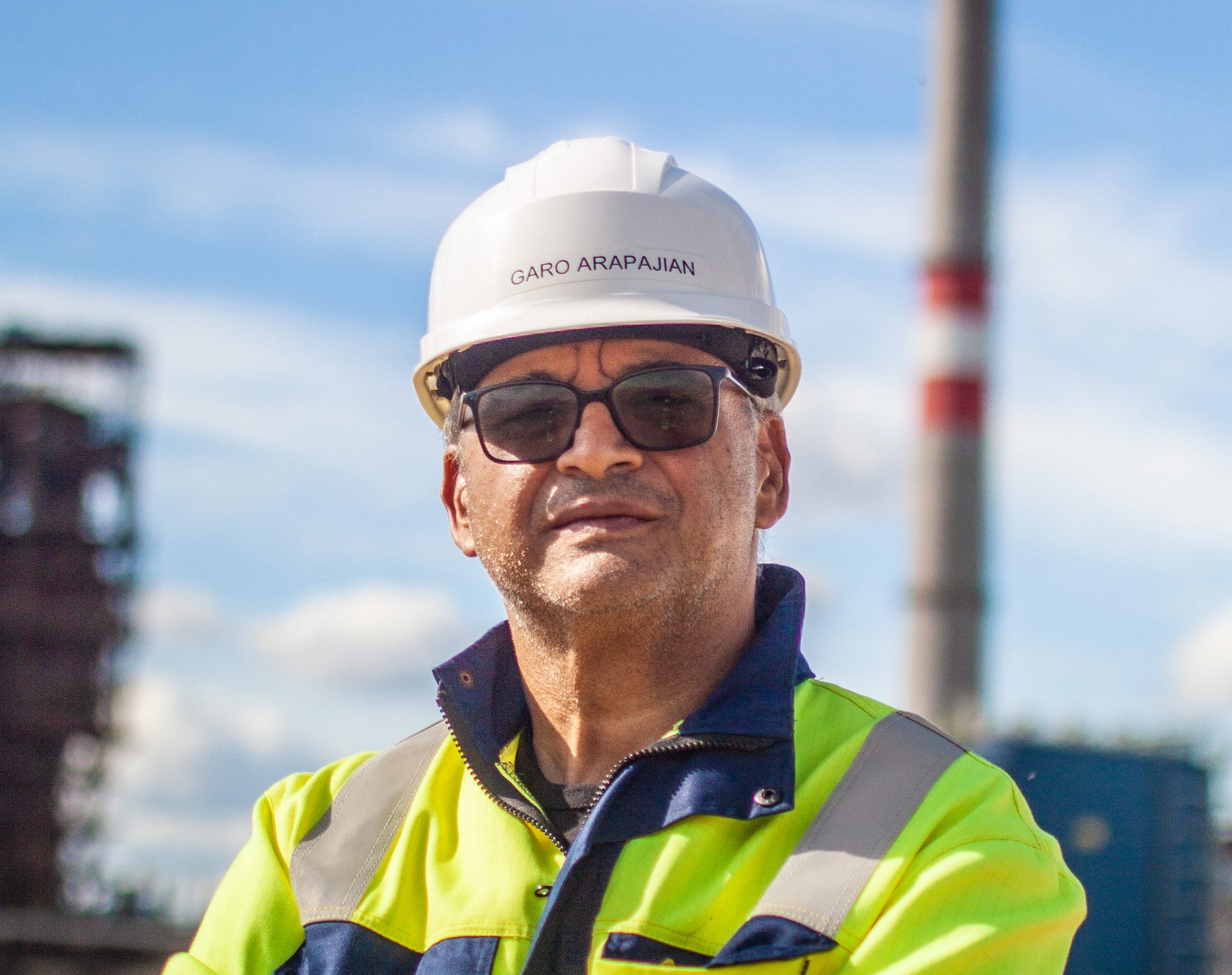
Garo Arapajian
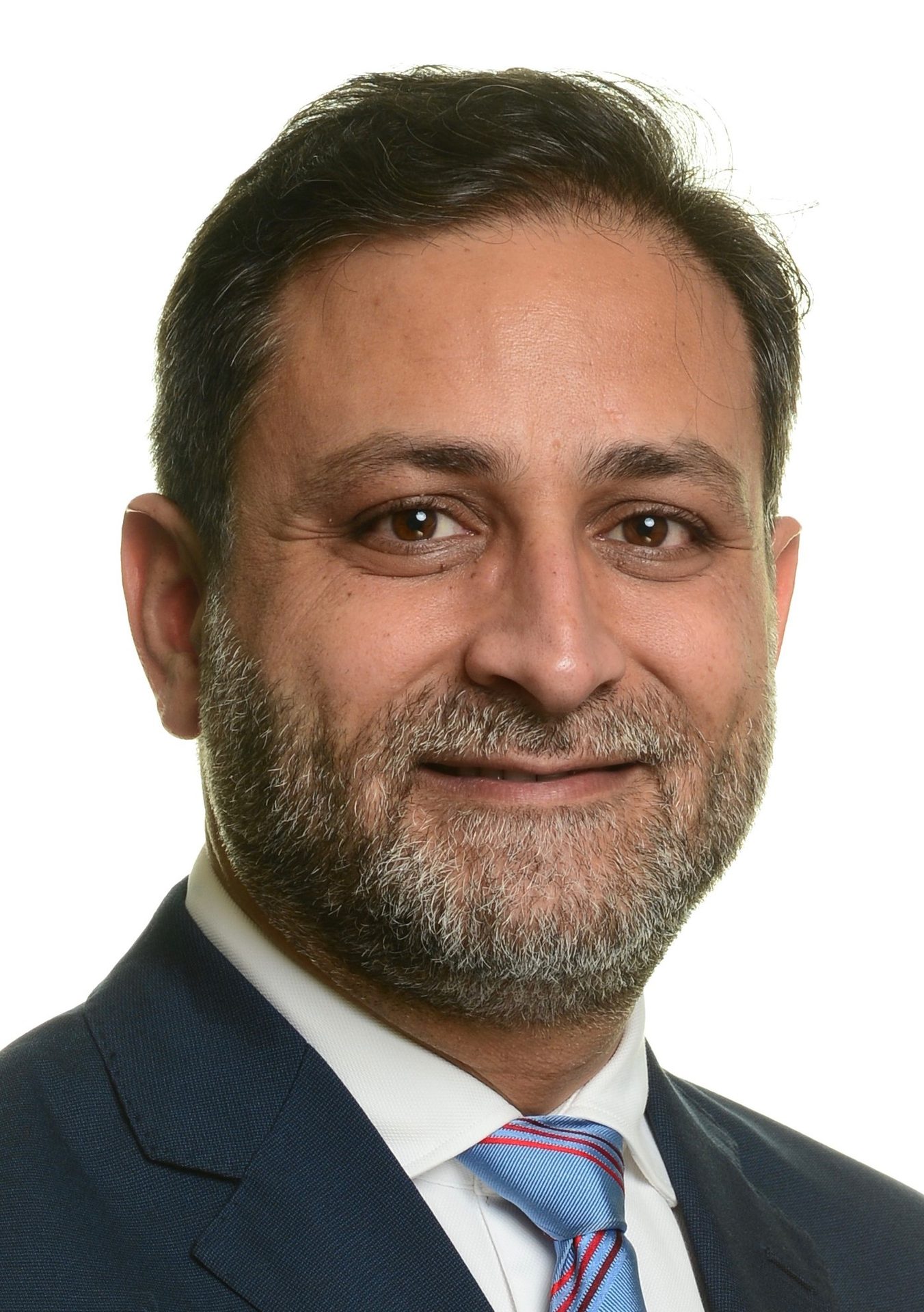
Karim Zoghbi
IT'S ALL GO
We are now 18 months into the project and it’s all go. The Home Office team in Sharjah led by Project Manager Mohammad Siddiquie has already completed procuring the project’s long-lead items and manufacturing and deliveries are now well underway at the project site. He explains: “One of the most critical parts of this project is the reactor – we placed the order for this within two months of starting the project.
“We have also completed 90% of the model review and now we have received the construction permit for the plant. The most important thing right now is to open the work front to site by delivering material and approving detailed design packages. The building construction work is ongoing and the plant work has already commenced. We will focus on preparing the detailed design packages for the plant, as these also need to be approved by the independent design expert.”
“Once all the material is delivered to site and the engineering wraps up, the role of the Home Office becomes more limited. We will then be supporting site as and when required,” adds Mohammad.
There is a long road ahead for the team, but there is no doubt that they have given themselves the best possible start.
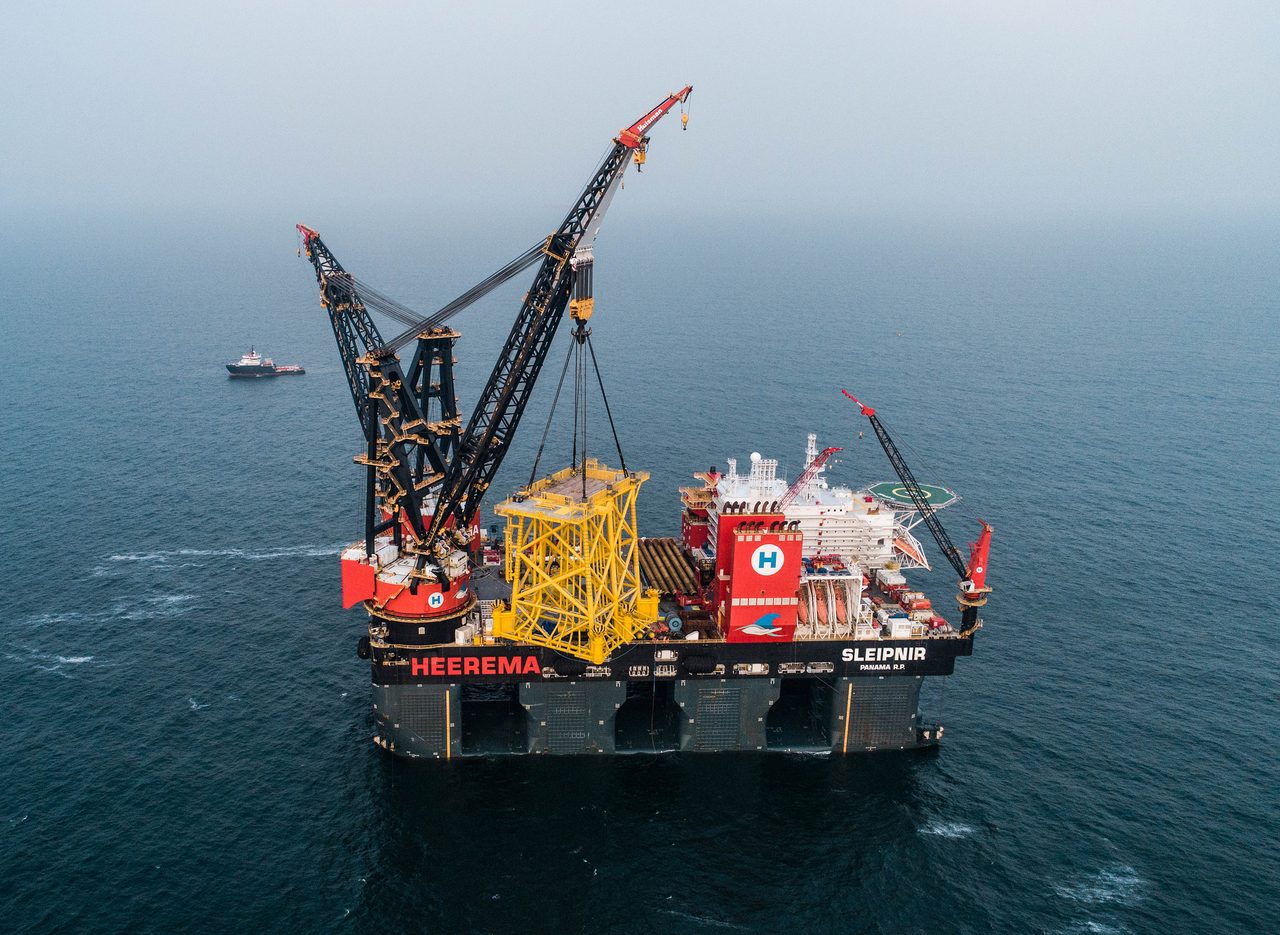
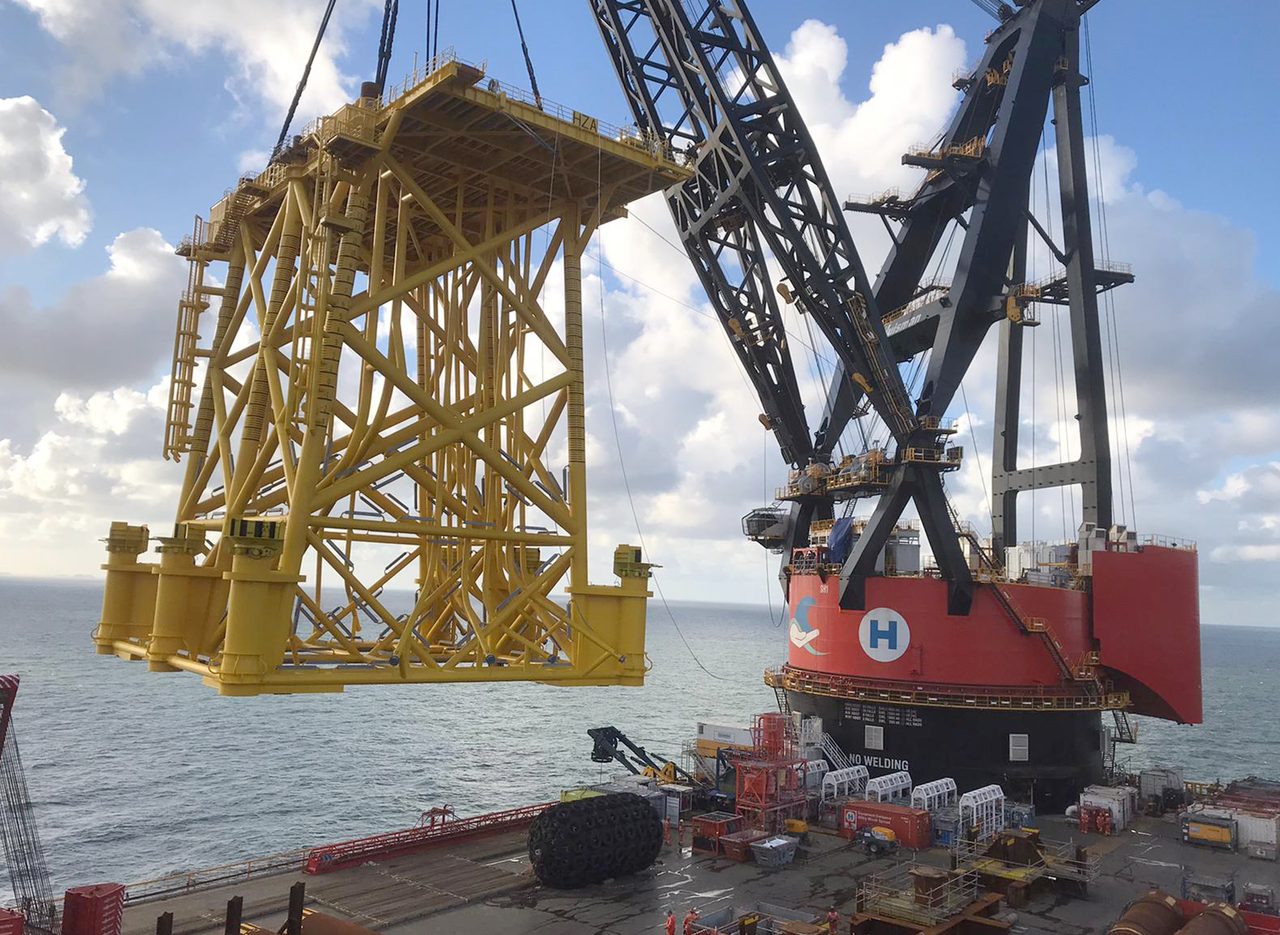
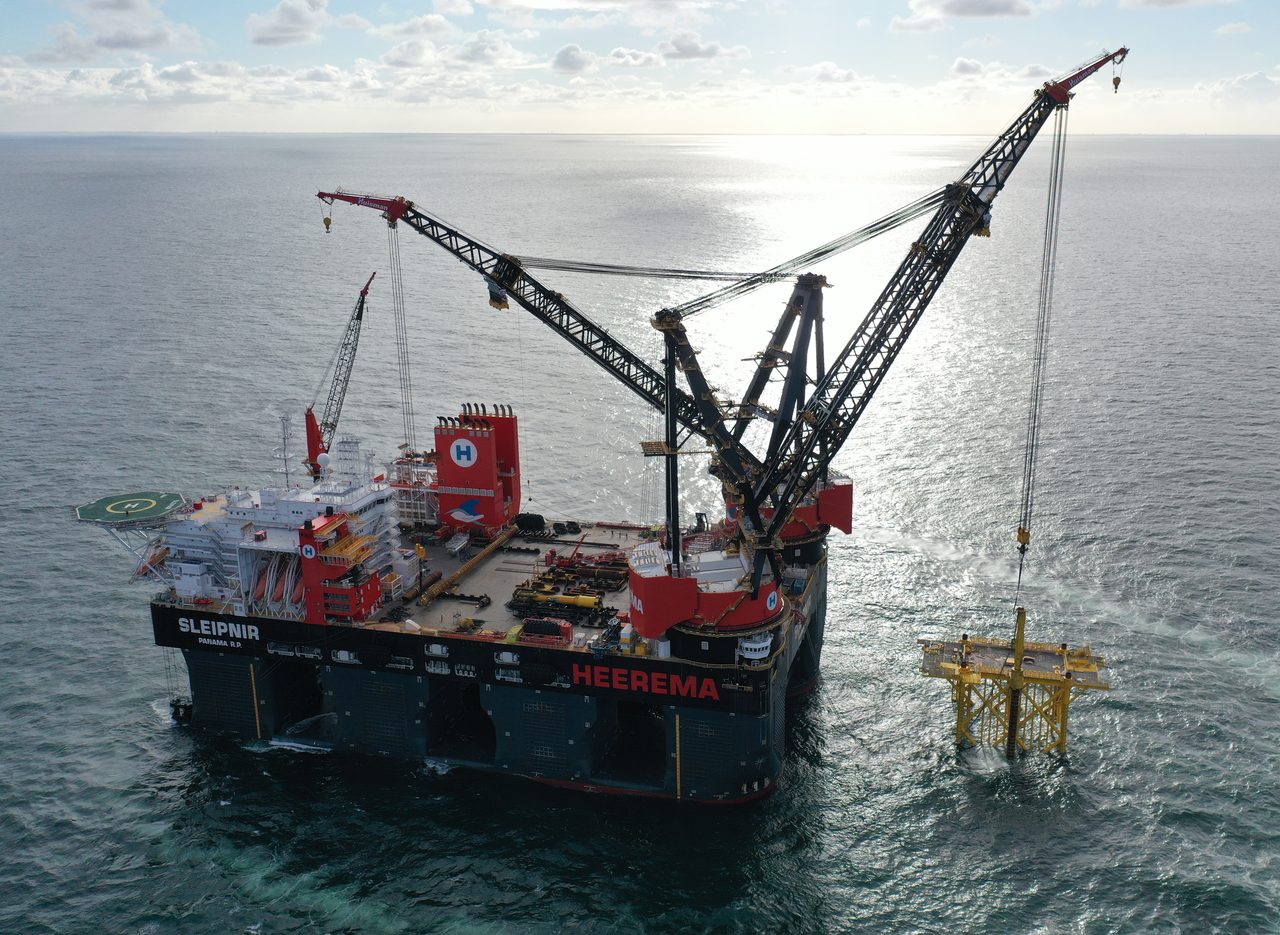
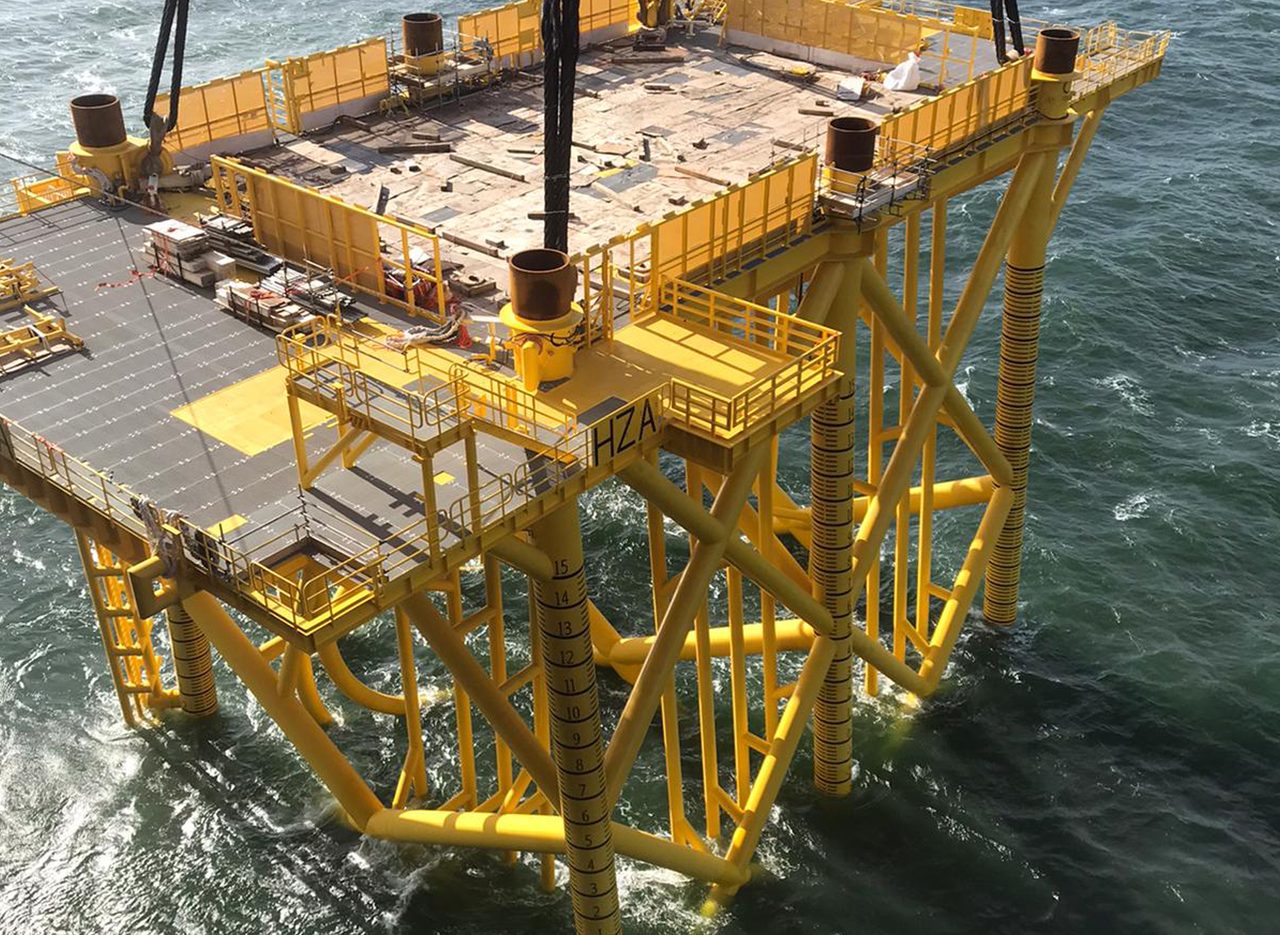
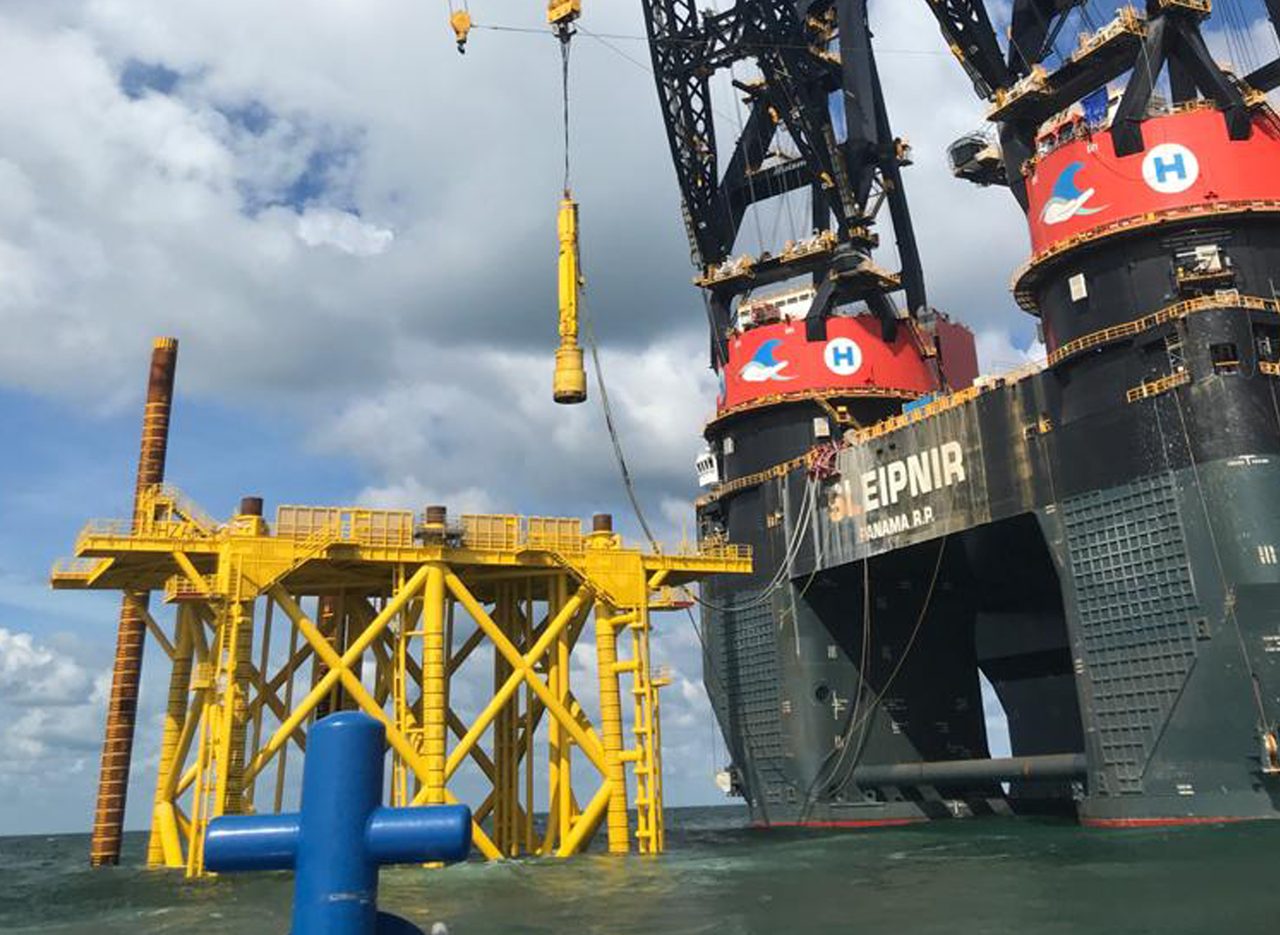
OFFSHORE INSTALLATION
“Each of the HKZ jackets took about a year to make, but many of those months coincided with the pandemic’s peak,” recalls Project Manager Abdulrahman Dandachi. “We were at the final assembly stage of the first jacket when Covid struck worldwide. Suddenly, we couldn’t get materials through the usual routes or modes of transport. We couldn’t fly in suppliers or experts for final commissions or testing. We struggled to mobilise equipment, like the giant cranes that handle heavy lifts.”
Lockdowns, restrictions, delays, quarantines and travel bans across the world threatened to throw the project off course, so the team had to be innovative, seeking out new routes and scouring the local market for products and expertise.
“We had virus cases most days. On one occasion we had to evacuate everybody and apply all the protocols. This meant mass testing of more than 700 people in two days, contact tracing for those testing positive and quarantining. We took all the precautions and followed all the rules, but we didn’t have to close the yard – not for a single day. We kept driving towards our deadline.”
“We would have faced huge costs if we didn’t load the jacket onto the barge in time but for every challenge, we had a Plan B. It was the ultimate test of our capabilities and will, but we managed to pull it off.”
COPING WITH ADVERSITY
